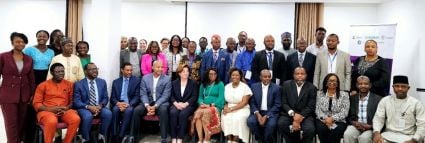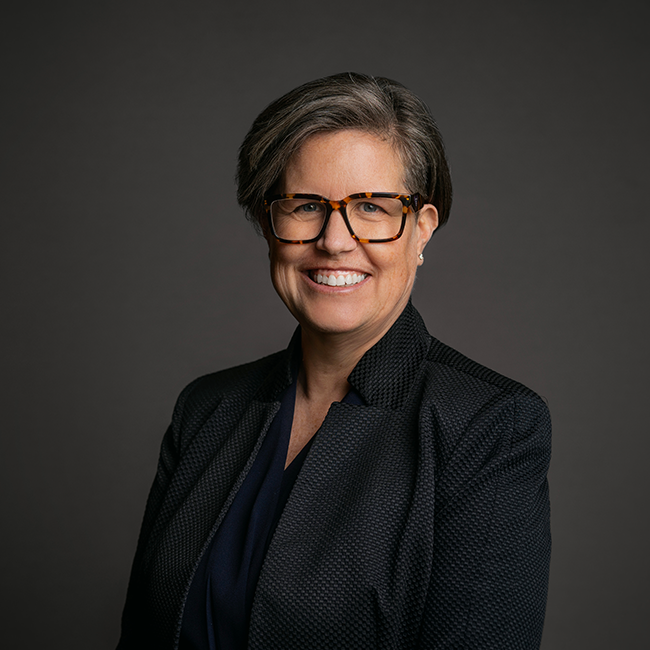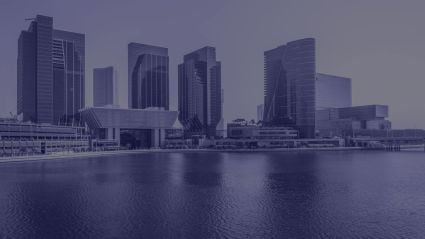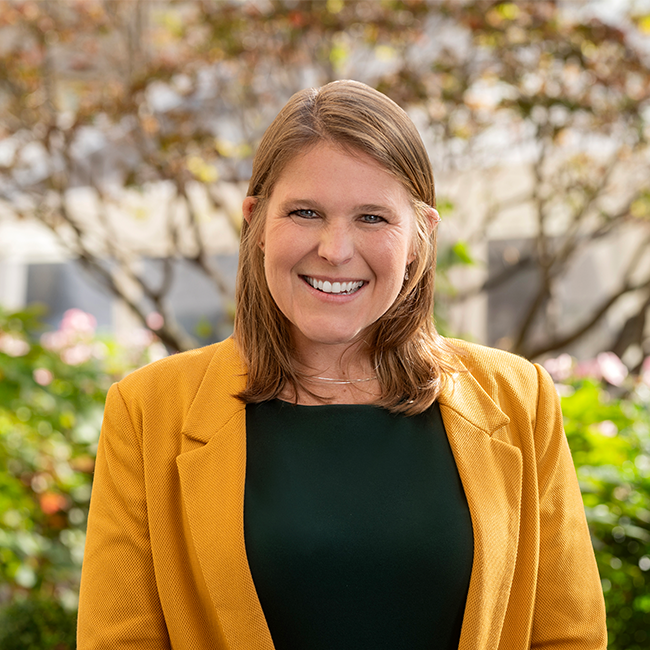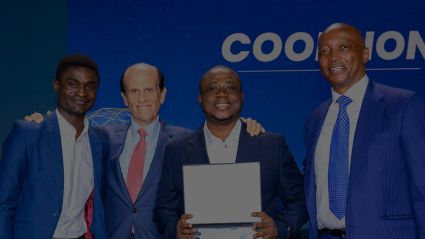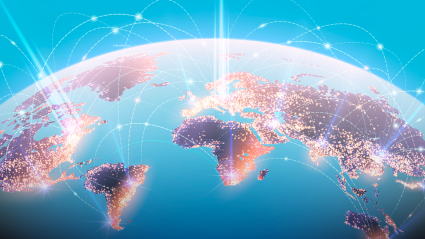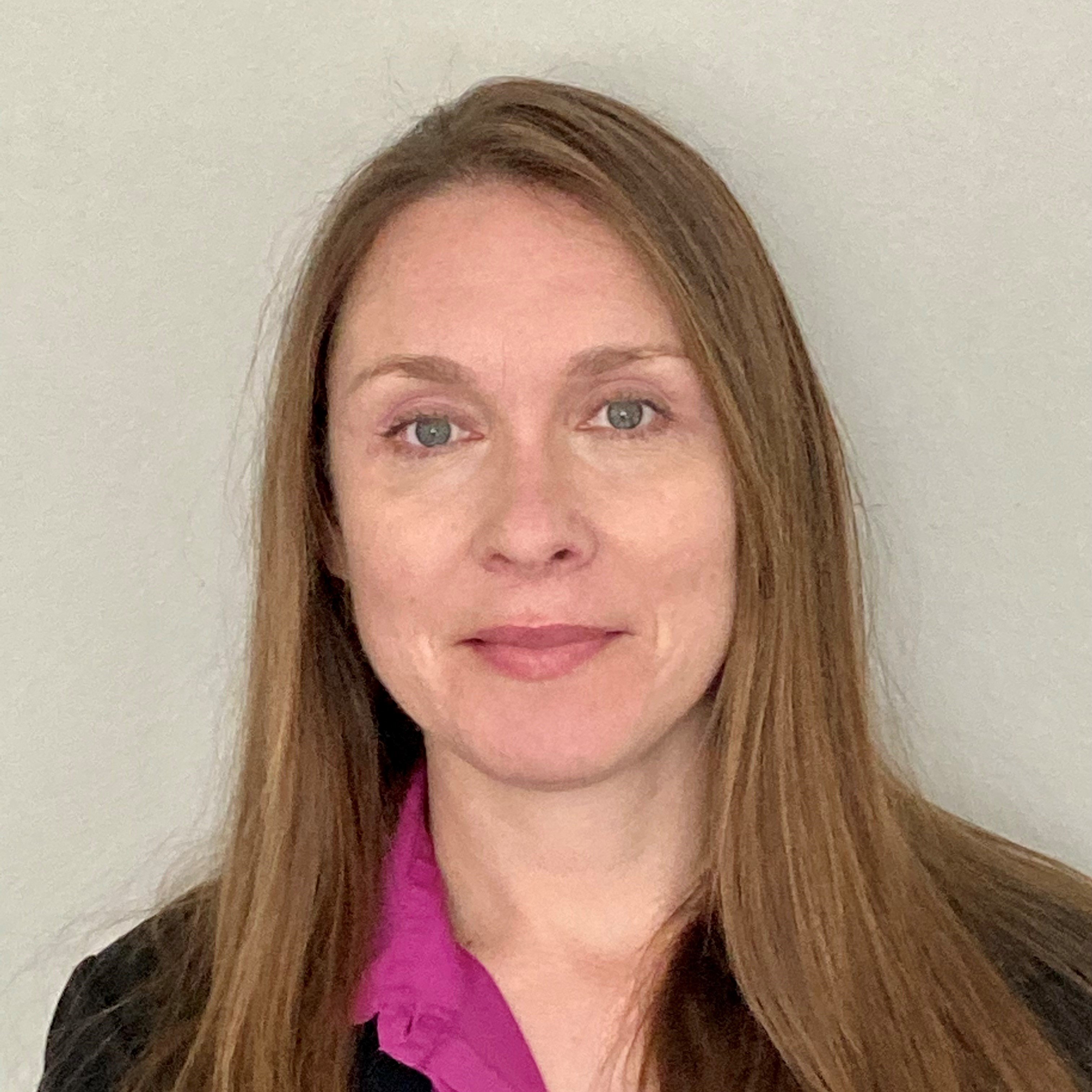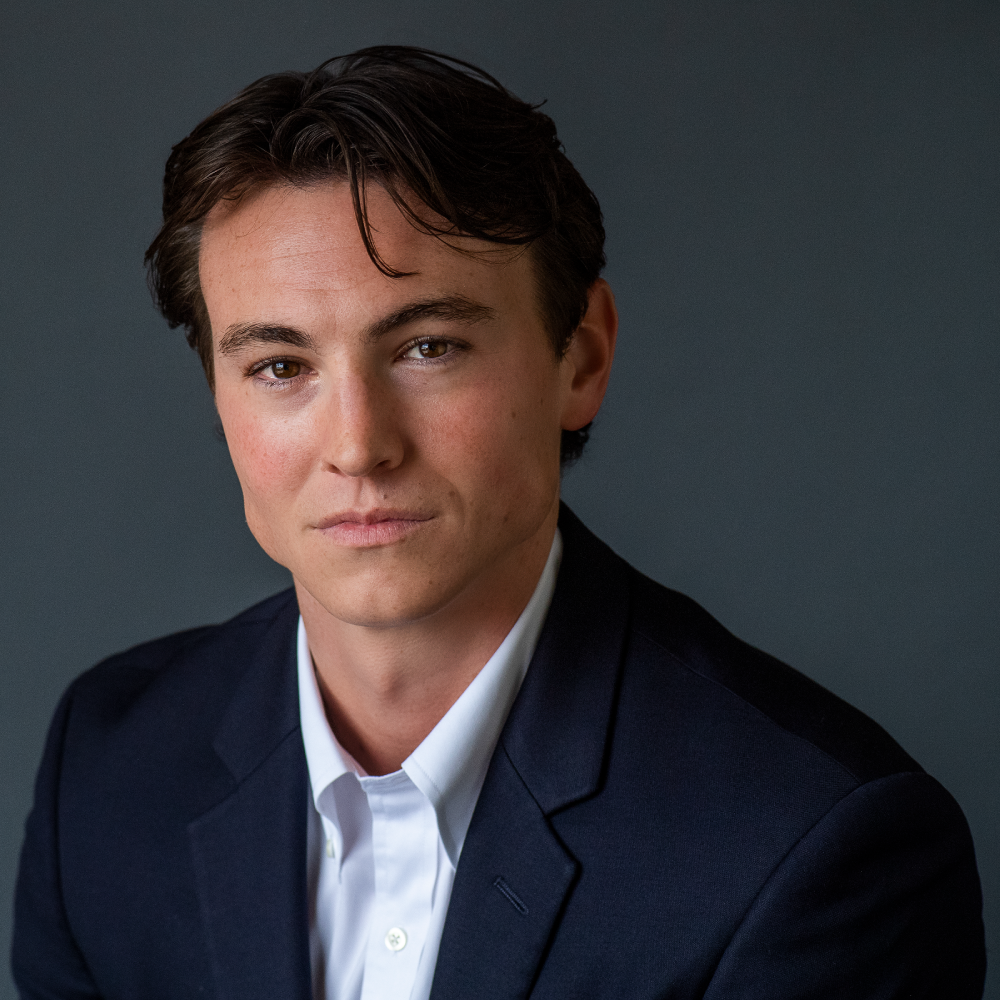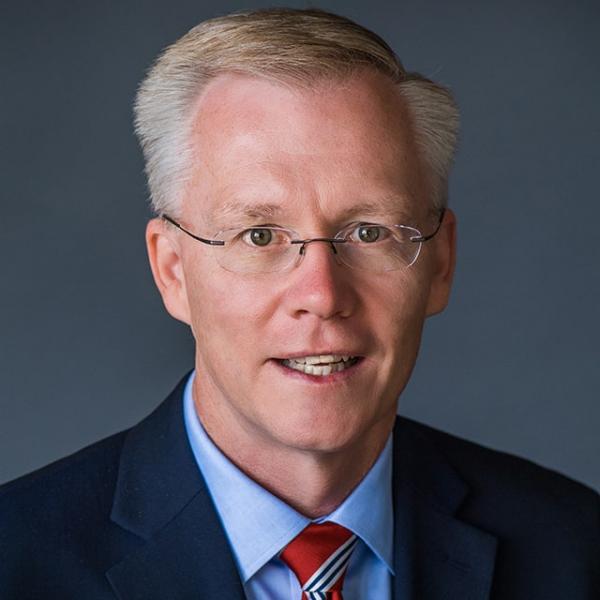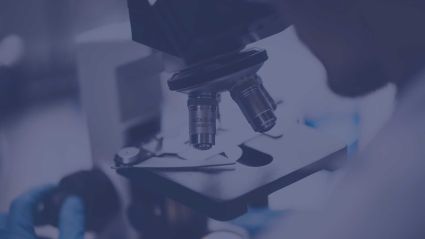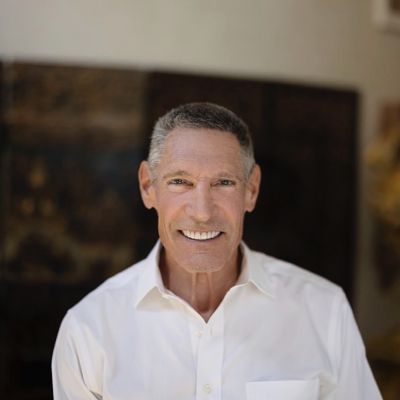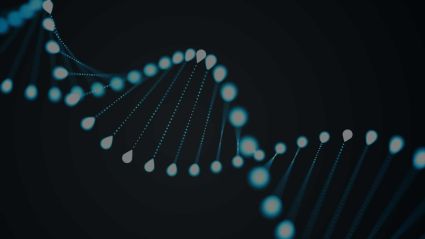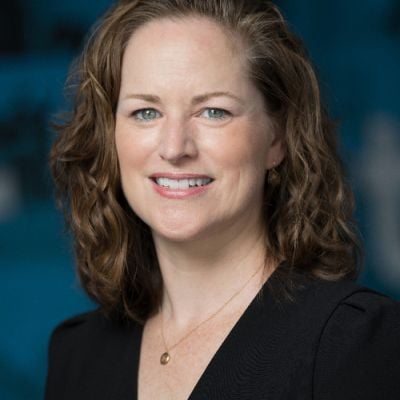
Key Takeaways
The following are a few of the main takeaways from COVID-19 Africa Watch’s conversation with Strive Masiyiwa, founder and chairman of Econet Wireless, and African Union Special Envoy for the mobilization of test kits and personal protective equipment (PPE) for medical workers.
African nations are competing in an aggressive global marketplace for testing kits and PPE. Members of the African Union, under the leadership of rotating AU president Cyril Ramaphosa of South Africa are partnering to launch a new continental initiative: the Africa Medical Supplies Platform. The platform will help countries gain a more competitive edge as they purchase needed testing kits, PPE, and medical equipment.
The Africa CDC and Africa Export-Import Bank are key partners. The Africa CDC helps ensure the countries with the highest disease burdens get priority supplies, and the Ex-Im bank helps guarantee payment for suppliers.
The platform is working with Ministries of Health and treasury officials to onboard all AU member states, and is also working with African manufacturers to provide a ‘Made-in-Africa’ option for all purchases.
The interview was conducted by Staci Warden, executive director of Global Market Development at the Milken Institute. A transcript is available below.
Please also visit the Africa Medical Supplies Platform and see this announcement from President Ramaphosa.
Transcript
Interviewer
Hi, my name is Staci Warden, and I run Global Market Development at the Milken Institute. Among our many programs, we are tracking very closely the impact and the policy response of COVID-19 in Africa, and you can find more there on covid19africawatch.org.
As part of this project, I am very honored to be here with Mr. Strive Masiyiwa who has just been appointed as the African Union’s Special Envoy responsible for the procurement of essential medical supplies for the continent in response to COVID-19. And Strive, you already are running about four or five global business, so I have to give a hearty congratulations to President Ramaphosa for actually securing you in this critical appointment, and congratulations to you as well because it’s quite an honor.
So let me start by asking you, when you accepted this appointment, what was the scope of the problem? What were the contours of the problem, in terms of getting ventilators and test kits, etc. in Africa in a timely manner? And how did you approach going after that problem and what was the plan for tackling it?
Strive Masiyiwa
Well, Staci, as you know since you’re a real Africa hand, there are 54 African countries and they are big countries like Nigeria, 200 million people, and there are tiny island states, like Seychelles, and even smaller countries with 10 million people. And you can imagine what has happened here with test kits. The entire world, your 50 U.S. States, everybody, is rushing to get their hands on test kits. And the global supply is so, so limited, and it’s become a real battle of the giants. Our countries are up against Germany, and all roads lead to a handful of global manufacturers around test kits. And we’re also talking about personal protection equipment. We’re talking about the specialist stuff worn by hospital personnel, and basically Africa was totally edged out, with prices changing on a daily basis. And the small countries in particular reached out to African Union’s rotating president Ramaphosa and said, We need to solve this. And I got tapped for this rather difficult task of finding out how to solve it.
Interviewer
Now you were already involved in some of the other African policy questions around debt and the like, but how did you approach the problem and what did you think of as the right solution?
Strive Masiyiwa
Look, it so happened that one of my major business interests is online marketing—ecommerce platforms and how they work. And so it looked to me that this was a problem made for this kind of a digital platform, if only I could a) secure the supplies and b) guarantee the payments.
So I built a team after I was appointed the Special Envoy, and reached out to a number of players, including people like Richard Branson, Jeff Skoll, and we kind of kicked this thing around: what do we do to solve Africa’s supply problem? So for instance, Jeff Skoll, Richard Branson, and myself are manufacturing under an open license an oxygen concentrator hood done by your NASA. In South Africa, we are producing a ventilator being done by a major engineering firm. So we were kicking around different ideas, but essentially my ecommerce team said, Look, we can build a platform where we put all the suppliers, both African manufacturers and Chinese suppliers and so forth, and just put them on the platform. Let them see the size of the African demand, because they don’t often see it. They couldn’t see that you’ve got 1.2 billion people, and our orders, just for the disposals, are running at US$1billion a month, and the countries are paying. So that’s how we began to conceive it.
Interviewer
Okay, but how does a platform like this solve the initial problem that you told me about that the big countries might kind of edge out the small countries on the platform?
Strive Masiyiwa
So basically we did two things. Number one, we took it on as a political problem. So I said to the Presidents… because I report into a task force of African heads state; there are seven of them and they meet every two weeks over this crisis. Again, it’s another new initiative of the way President Ramaphosa is driving this. So I said to them, look at the end of the day, I can identify the sources, but at some point you guys have to guarantee that the money is going to be there and that you’re ready to make phone calls even into other heads of state to discuss this problem. And that is basically what happened.
Interviewer
And how about allocation on a country basis? How does that work?
Strive Masiyiwa
First of all, we drew up a complete list of what all the countries wanted. So what they needed as a one off, how many ventilators do you want? And they came up and they said in an ideal scenario, we’d like 25,000. Okay, how many face masks do you want? They said it came up to 18 million a month. Okay.
“And so we went out, and once we secured the supplies—for example, facemasks, we’ve crossed 200 million that are available to us a month now. All the PPE and the diagnostic kits, which was a big one, we’ve got the supplies of those.”
And so we went out, and once we secured the supplies—for example, facemasks, we’ve crossed 200 million that are available to us a month now. All the PPE and the diagnostic kits, which was a big one, we’ve got the supplies of those. So we then created a model, working with the Africa Center for Disease Control, which takes into account the population and what they call the disease burden of the country. It’s a formula. So whatever we receive that’s in short supply, we run it through the formula line. It comes up and it says, You allocate so many to Nigeria, you allocate so many to this country.
And we have we informed the countries and they have seven days to take up their quota and pay. So they put money into a holding account at Africa’s Export-Import Bank, the equivalent of your U.S. EXIM Bank. And so they’ve got to do that, or they open a credit line with the Afrexim Bank, and there’s a facility of 3.8 billion, which is supporting this program. And that program is also supported by a number of big donors, like Gates and Rockefeller Foundation, who are supporting specific supplies of test kits, so that had to be built up as an alliance as well.
Interviewer
What about pricing? Are you setting the pricing or how are you thinking about it? Is there price gouging, or how is the pricing mechanism work?
Strive Masiyiwa
We are very aggressive. We set a target price and target delivery. We basically did an exercise on what the major industrial players were paid, with the help of one of your big philanthropy organizations. What kinds of benchmarking should we be looking for? So we put a target price to the suppliers, and we said, you get into our catalog if you can target these kinds of prices. And they said, Can you give us these kinds of volumes? It’s based on that. The countries have accounts, and they can enter our platform and they can see all the prices of everything that is available. So in the end, for me, even if somebody’s price range is too high for them, I just fight to get as much choice on that platform as I can.
Interviewer
If I’m an African head of state, can I make a request for additional supplies? Can I kind of put a call out for supplies that I might need that aren’t on the platform?
Strive Masiyiwa
Yes. Basically the countries designate Ministry of Health officials, technocrats for the platform, and we have designated treasury officials, and then they meet with a team from our platform, as well as the African Export-Import Bank and the Center for Disease Control. As I’m talking right now, I can tell you, there is a national briefing session for the country of Kenya. So they can ask for a session. Usually the Minister of Health will come, and they go through the platform, and they can ask for certain things that they want us to try and secure, but most importantly, they come for swap deals.
Interviewer
How does that work?
Strive Masiyiwa
Okay, so you have an allocation say for face masks, but actually what you’re looking for is a head protection gear or gowns. So is there a country out there willing to swap that for something else? Can I swap my quota with somebody else? So that’s already happening. It’s a trade platform.
Interviewer
Amazing. Okay, Strive, you have dedicated your life to supporting and advocating for the African private sector and African entrepreneurs in particular. That strikes me as not a bad opportunity for African private enterprise and entrepreneurs to start participating in the production and delivery of some of this equipment. Is that true? How can African entrepreneurs that are listening to this get involved and try to become a part of that supply chain? And what should they do seize this as a manufacturing opportunity?
Strive Masiyiwa
We are onboarding suppliers every day. The platform is required to do by the heads of state to do two things. First of all, every item, if it has an African-supplied equivalent, we must show them that item. So the platform says, There is a Made-in-Africa option to this, but the decision is theirs. It’s a sovereign decision on the specifications.
“We have a group that meets on a weekly basis with African manufacturers and financiers to see how we can ramp them up.”
We are also supposed to also transition the platform to Africa. And by this, we mean that I have targets that after three months, I must start increasing the supply lines of specific items to Africa. So we have a group that meets on a weekly basis with African manufacturers and financiers to see how we can ramp them up. And I’m glad to say one of our big partners on that is the American DFC (Development Finance Corporation, which used to be OPIC). So they are one of the partners we brought in to say, Look, we’ve got these companies. We think that they could become viable manufacturers.
And remember, we’ve also got some pretty capable companies. In South Africa, people like VW, the German car manufacturer, has pivoted to producing some of our things. And we’re talking all the time to manufacturers to say, Do you realize you could this, even if you’re not already doing so? So a big South African company is going to produce what they call the hood, the helmet oxygen concentrator, which was developed by NASA. And we’ve got that under open license, and we’re going to produce 10,000 of them. So we are doing that kind of thing to try and enlist our own local manufacturers as well.
Interviewer
Okay, so local African manufacturers, please note this opportunity.
And Strive Masiyiwa, you are a global treasure and we cannot thank you enough for everything that you’ve done. This is just the latest in a long series of things that you’ve done to help the continent and the world more globally. So please do follow Strive on Facebook, so you can be a part of his millions of followers, and anything that you need to know about COVID-19 and how it is impacting Africa, please do go to the Milken Institute’s own effort, the covid19africawatch.org website. And I have an army of people working on this thing to keep it up to date, and you can find out more about the platform and everything else that’s happening at the national and international level to combat this disease. God bless, Strive, and please stay well and stay healthy. Thanks so much.
Strive Masiyiwa
Thanks, Staci. Thanks for those kind remarks. Stay safe, my friend.
